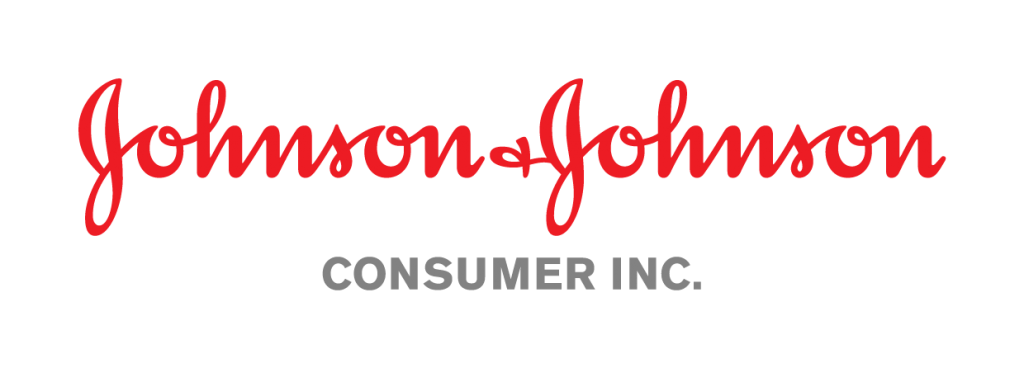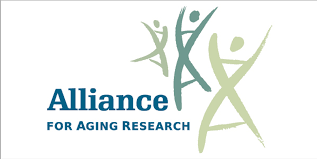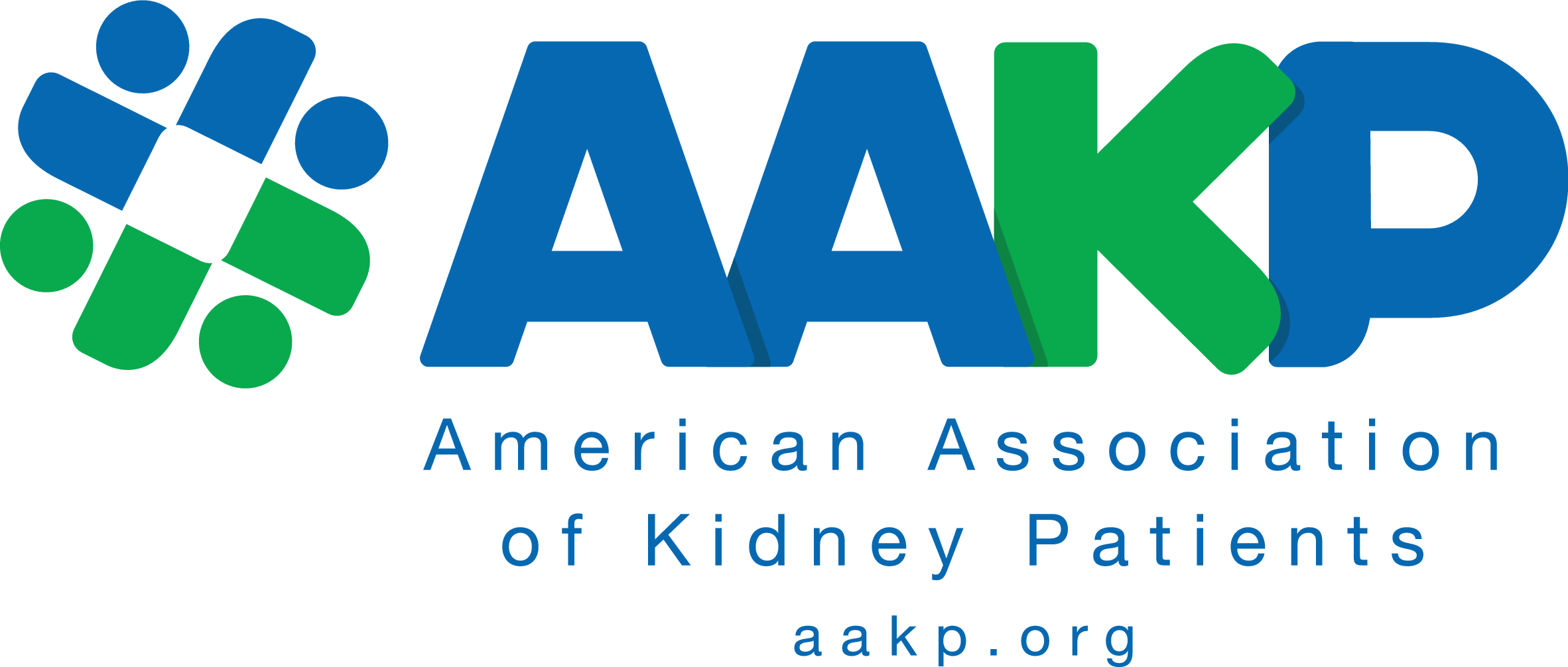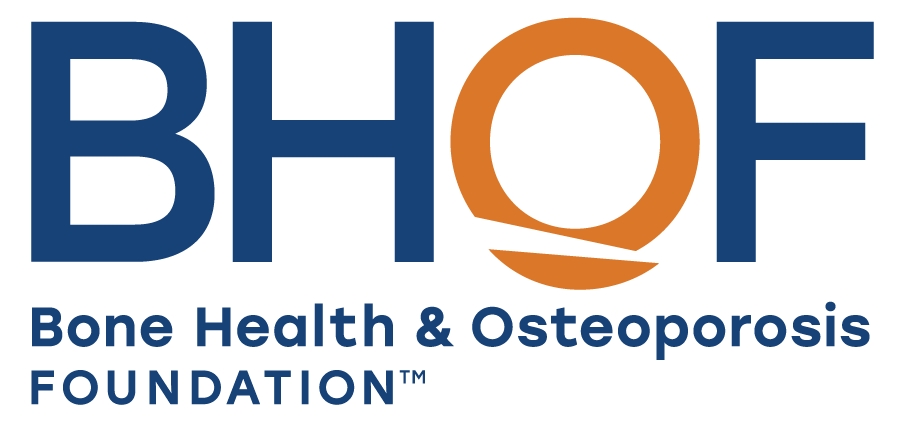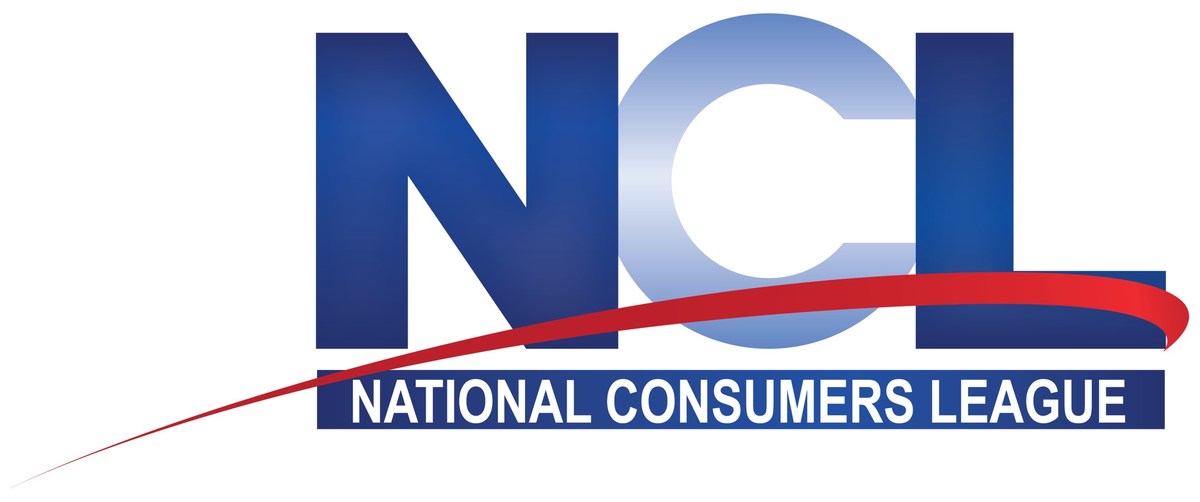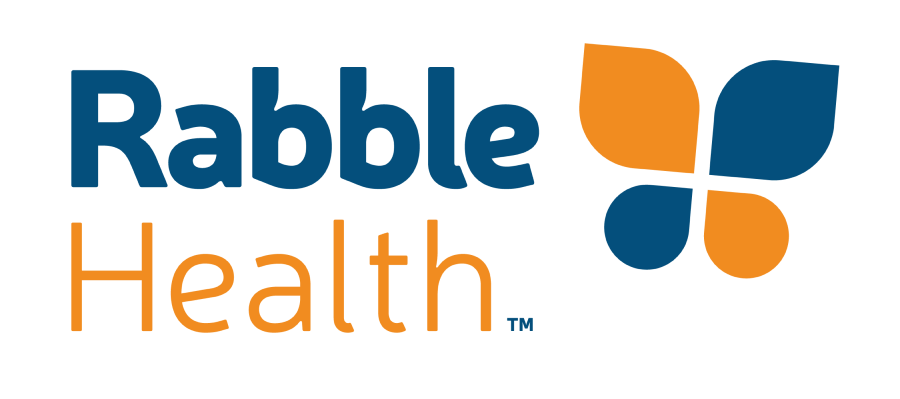
Medication Safety & Aging is 2022’s Talk About Your Medicines Month (TAYMM) theme. The goal is to empower older patients to reduce med risks, boost med benefits, and provide tools so they can stay safe when it comes to their medications.
Bodies change as they age. An important part of maintaining health is understanding how these changes affect the medicines you take. Learning medicine-related terms and reading your medicine labels are crucial first steps. Labels help you avoid side effects, prevent medication interactions, instruct you in how to properly take the medicine, and more. This is true for both over-the-counters (OTC’s) – which are still serious meds – as well as prescriptions.
In fact, those who understand their meds are more likely to take them. Unfortunately, many face challenges that prevent them from doing so. AudibleRx solves that problem by making it possible for everyone to easily understand their medication. Rely on them and other experts to get educated about your meds and consumer health!
Understand Your Meds
Manage Your Meds
Many older adults take three + meds each day. Although older adults comprise about 13% of the U.S. population, it’s estimated they account for 34% of all prescription med use and 39% of all OTC med use.
Medication management for older adults is important because aging bodies respond to medicines differently. According to the FDA, changes in the digestive system can affect how fast medicines enter the bloodstream. The circulation system may slow down, which affects how fast drugs get to the liver and kidneys. The liver and kidneys may work more slowly, affecting the way a drug breaks down and is removed from the body. As a result, medicines will stay in the body longer which can cause more severe side effects.
And, keep in mind older people tend to have more chronic illnesses such as arthritis, high blood pressure, and osteoporosis, necessitating many different drugs. Patients struggling with specific diagnoses such as kidney disease may have to address medication management differently.
Many of these challenges can be prevented if you are informed about safe and appropriate medication use. We also have tips to help you stay on track with your meds, how to safely juggle multiple meds, and reliable resources for when you’re facing a life-altering diagnosis such as cancer.
How many times have you been prescribed a medication only to realize later you’re unsure about possible side effects? Or the correct dose? Or potential risk? Have you ever felt too embarrassed—or rushed—to ask questions about your medication?
Well, questions are the answer. Your health depends on good communication. One of the best ways to communicate with your healthcare team is by asking questions. Use a checklist and take notes before, during, and after your doctor’s visit to make sure your concerns are addressed. And check out the This is Growing Old podcast to hear how others face the challenges and adventures of getting older!
Safety tip: The U.S. has the safest drug supply chain in the world, but breaks do happen. Since December 2020, three different criminal rings have been found selling counterfeit and misbranded medicines to U.S. pharmacies. Watch this video from the Partnership for Safe Medicines to learn how these scams worked.
Communicate with Your Provider
Caution with Pain Meds
Older adults use pain relievers more often than any other age group. This group is also more prone to side effects from these medications, so it’s important to know some of the safety concerns. Getting relief responsibly and keeping safe during COVID-19 should be a priority. There are different types of OTC pain meds. Make sure you choose the pain reliever that is right for you. Check the medicine ingredients and follow the drug facts label.
Acetaminophen, commonly used to treat pain, cold, and flu, is in more than 600 meds. When used as directed it’s safe and effective, but taking too much can lead to liver damage so Get the Facts, be savvy, and make an educated decision.
Persistent pain isn’t something you—or someone you care for— should have to live with. But just because they’re OTC doesn’t mean they are harmless.
Medication management for caregivers of elderly loved ones can be challenging. Familiarize yourself with common medicine use problems and use this guide as a starting place for helping an older adult or parent use medicine safely and effectively.
Refer to our Medication Safety Training for Seniors, turn to a healthcare professional if you need support, and read the Healthy Aging Blog for informative and inspiring content from aging experts. You’re not in this alone!
Caregiving for Loved Ones
Store and Dispose of Meds
Medicine safety includes more than following labels. It also includes responsibly storing, disposing of, and keeping medicines out of the reach of children.
When it comes to storing meds, it’s best to keep it in the original packaging, avoid exposure to extreme temperatures, and be mindful of your meds when on the go. Consider hanging this one-pager inside your medicine cabinet as a reminder!
An estimated 40% of medications go unused, but what do you do with medications that you no longer need? And, be sure to find a proper disposal site for meds and home-generated needles in your area.
Downloadables
- Are You in Pain? Older Adults and Pain Relievers
- BeMedWise Drug Discount Card
- What Does Pain have to do with Your Cold or Flu?
- Doctor Visit Checklist
- Get Relief Responsibly Printable Resources
- Juggling multiple medications? What you can do to stay safe.
- Know Your Dose
- Make Notes & Take Notes – Before, during and after my doctor’s visit
- Medication Use Safety Training for Seniors
- MUST Ask: What you need to ask your healthcare provider and pharmacist about your medicines
- MUST Remember: 10 tips to help remind you to stay on schedule
- Medication Wallet Card
- OTC Literacy – Understanding the Label
- Prescription Medication Label
- Safe Medicine Disposal Poster
- Safe OTC Storage when Traveling
- Talk Before You Take Pocket Guide
- Tips for Grandparents on Safe Med Storage
- Top Ten Medicine Tips When Caring for Older Adults
- 10 Medicine Terms You Must Know
- Up and Away
- Understanding Prescription Labels
- Use OTCs Wisely
- 6 Ways to Help your Older Parents Use Medications the Right Way and Prevent Problems
Videos


